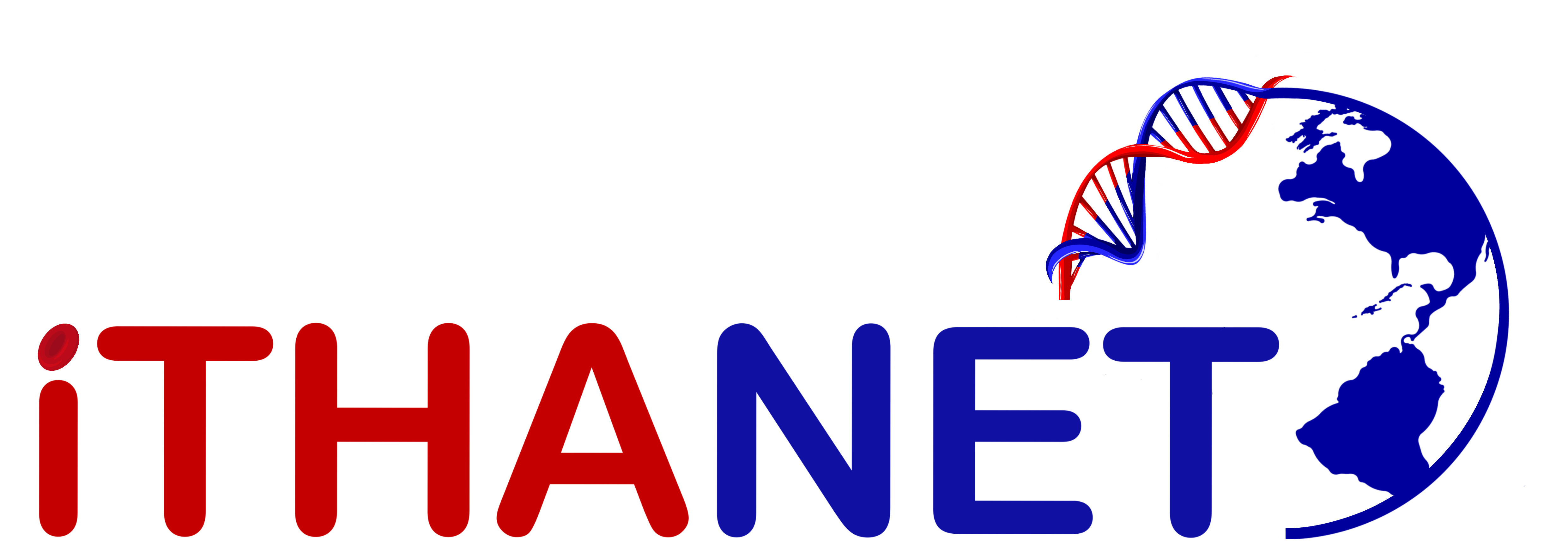
IthaID: 2066
Names and Sequences
| Functionality: | Disease modifying mutation | Pathogenicity: | N/A |
|---|---|---|---|
| Common Name: | rs4671393 | HGVS Name: | NG_011968.1:g.64683T>C |
We follow the
HGVS sequence variant nomenclature
and
IUPAC standards.
Context nucleotide sequence:
CCAGTGCTGTGGACAGCAAAGCTTC [A/G] GTGCAGGAAATTAAGATTCCCCCTG (Strand: +)
Comments: Associated with variation in F-cell number in healthy Northern Europeans (TwinsUK cohort). Strongly associated with HbF levels in the Cooperative Study of Sickle Cell Disease (CSSCD), in patients with sickle cell disease (SCD) from Brazil, Cameroon and Tunisia, in β-thalassaemia patients from China, and in individuals from Thailand with homozygous HbE. Associated with increased HbF levels as well as clinical outcomes (acute chest syndrome and infection risk, and transfusion requirements) and haematological parameters (total Hb levels) in pediatric patients with SCA from southeastern Brazil (n=250). Associated with HbF levels in African American Benin haplotype patients (study sample from CSSCD). SNP associated with disease severity and HbF levels in Indian SCD patients. SNP associated with HbF levels in individuals from the SardiNIA study. SNP associated with baseline and hydroxyurea-induced HbF in pediatric sickle cell anaemia (HU-induced HbF significance is lost after Bonferroni correction) [PMID: 23409025]. Nominal association with acute chest syndrome in pediatric patients with SCA from southeastern Brazil (n=250).
External Links
Phenotype
| Allele Phenotype (Cis): | N/A |
|---|---|
| Allele Phenotype (Trans): | N/A |
| Associated Phenotypes: |
Hb F levels [HP:0011904] [OMIM:141749] Acute chest syndrome F-cell numbers |
Location
| Chromosome: | 2 |
|---|---|
| Locus: | NG_011968.1 |
| Locus Location: | 64683 |
| Size: | 1 bp |
| Located at: | BCL11A |
| Specific Location: | Intron 2 |
Other details
| Type of Mutation: | Point-Mutation(Substitution) |
|---|---|
| Effect on Gene/Protein Function: | N/A |
| Ethnic Origin: | Northern European, African American, Brazilian, Chinese, Cameroonian, Thai, Tunisian, Indian, Sardinian |
| Molecular mechanism: | N/A |
| Inheritance: | Quantitative trait |
| DNA Sequence Determined: | Yes |
In silico pathogenicity prediction
Publications / Origin
- Menzel S, Garner C, Gut I, Matsuda F, Yamaguchi M, Heath S, Foglio M, Zelenika D, Boland A, Rooks H, Best S, Spector TD, Farrall M, Lathrop M, Thein SL, A QTL influencing F cell production maps to a gene encoding a zinc-finger protein on chromosome 2p15., Nat. Genet. , 39(10), 1197-9, 2007
- Lettre G, Sankaran VG, Bezerra MA, Araújo AS, Uda M, Sanna S, Cao A, Schlessinger D, Costa FF, Hirschhorn JN, Orkin SH, DNA polymorphisms at the BCL11A, HBS1L-MYB, and beta-globin loci associate with fetal hemoglobin levels and pain crises in sickle cell disease., Proc. Natl. Acad. Sci. U.S.A. , 105(33), 11869-74, 2008
- Galarneau G, Palmer CD, Sankaran VG, Orkin SH, Hirschhorn JN, Lettre G, Fine-mapping at three loci known to affect fetal hemoglobin levels explains additional genetic variation., Nat. Genet. , 42(12), 1049-51, 2010
- He Y, Lin W, Luo J, Influences of genetic variation on fetal hemoglobin., Pediatr Hematol Oncol , 28(8), 708-17, 2011
- Green NS, Ender KL, Pashankar F, Driscoll C, Giardina PJ, Mullen CA, Clark LN, Manwani D, Crotty J, Kisselev S, Neville KA, Hoppe C, Barral S, Candidate sequence variants and fetal hemoglobin in children with sickle cell disease treated with hydroxyurea., PLoS ONE , 8(2), e55709, 2013
- Cardoso GL, Diniz IG, Silva AN, Cunha DA, Silva Junior JS, Uchôa CT, Santos SE, Trindade SM, Cardoso Mdo S, Guerreiro JF, DNA polymorphisms at BCL11A, HBS1L-MYB and Xmn1-HBG2 site loci associated with fetal hemoglobin levels in sickle cell anemia patients from Northern Brazil., Blood Cells Mol. Dis. , 53(4), 176-9, 2014
- Wonkam A, Ngo Bitoungui VJ, Vorster AA, Ramesar R, Cooper RS, Tayo B, Lettre G, Ngogang J, Association of variants at BCL11A and HBS1L-MYB with hemoglobin F and hospitalization rates among sickle cell patients in Cameroon., PLoS ONE , 9(3), e92506, 2014
- Pakdee N, Yamsri S, Fucharoen G, Sanchaisuriya K, Pissard S, Fucharoen S, Variability of hemoglobin F expression in hemoglobin EE disease: hematological and molecular analysis., Blood Cells Mol. Dis. , 53(1), 11-5, 2014
- Green NS, Barral S, Emerging science of hydroxyurea therapy for pediatric sickle cell disease., Pediatr. Res. , 75(1), 196-204, 2014
- Danjou F, Zoledziewska M, Sidore C, Steri M, Busonero F, Maschio A, Mulas A, Perseu L, Barella S, Porcu E, Pistis G, Pitzalis M, Pala M, Menzel S, Metrustry S, Spector TD, Leoni L, Angius A, Uda M, Moi P, Thein SL, Galanello R, Abecasis GR, Schlessinger D, Sanna S, Cucca F, Genome-wide association analyses based on whole-genome sequencing in Sardinia provide insights into regulation of hemoglobin levels., Nat. Genet. , 47(11), 1264-71, 2015
- Liu L, Pertsemlidis A, Ding LH, Story MD, Steinberg MH, Sebastiani P, Hoppe C, Ballas SK, Pace BS, A case-control genome-wide association study identifies genetic modifiers of fetal hemoglobin in sickle cell disease., Exp. Biol. Med. (Maywood) , 2016
- Chaouch L, Moumni I, Ouragini H, Darragi I, Kalai M, Chaouachi D, Boudrigua I, Hafsia R, Abbes S, rs11886868 and rs4671393 of BCL11A associated with HbF level variation and modulate clinical events among sickle cell anemia patients., Hematology , 21(7), 425-9, 2016
- Upadhye D, Jain D, Trivedi Y, Nadkarni A, Ghosh K, Colah R, Influence of single nucleotide polymorphisms in the BCL11A and HBS1L-MYB gene on the HbF levels and clinical severity of sickle cell anaemia patients., Ann. Hematol. , 95(7), 1201-3, 2016
- Shaikho EM, Farrell JJ, Alsultan A, Sebastiani P, Steinberg MH, Genetic Determinants of HbF in Saudi Arabian and African Benin Haplotype Sickle Cell Anemia., Am. J. Hematol. , 2017
- Sales RR, Belisário AR, Faria G, Mendes F, Luizon MR, Viana MB, Functional polymorphisms of BCL11A and HBS1L-MYB genes affect both fetal hemoglobin level and clinical outcomes in a cohort of children with sickle cell anemia., Ann Hematol, 99(7), 1453-1463, 2020